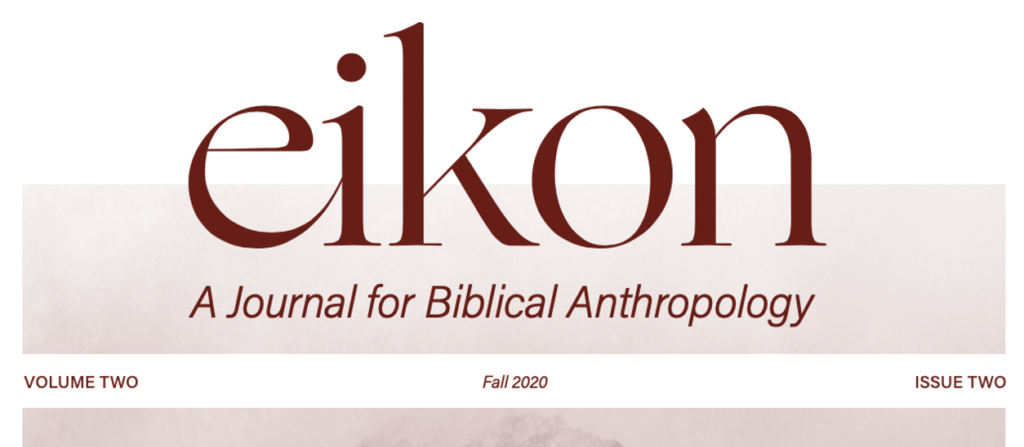Editor’s note: The following essay appears in the Fall 2020 issue of Eikon.

The Ancient Paths
In his commentary on the King James rendering of 1 Corinthians 11:14 (“Doth not even nature itself teach you, that, if a man have long hair, it is a shame unto him?”), the eighteenth-century Baptist autodidact John Gill observed that by the word “nature” (φύσις), the Apostle had in mind one of four things: “the law and light of nature, reason in man, common sense, or rather custom, which is second nature.” As to which of these possibilities was best, Gill opted for the last, namely, custom. In this, he was following the lead of the French preacher John Calvin, who had argued for a similar position when he stated that it was common for the Greeks and for Jewish men to keep their hair short, although, among other ancient peoples like the Celtic Gauls and the German tribes of Germania, men wore their hair long.
Although Calvin interpreted φύσις here as regional custom, he was well aware that this term could at times be used to describe a universal reality. For instance, in the opening chapters of his magnum opus, the Institutes of the Christian Religion, Calvin argued that all human beings have an inbuilt awareness that there is a divinity, a sensus divinitatis or sensus deitatis. Every human person is a created being who has not come into this world by accident, but all are here by design and bear the marks of their Designer and Maker within the architecture of their being. Try as they might, they cannot escape this sense within the depths of their being that there is a God to whom they are ever accountable. In other words, there is a φύσις common to all of humanity, namely, an awareness of divine existence. And if there be one such commonality, then there are others and one can speak of human nature.
To the modern mentalité, which regards human beings as essentially plastic and hence mouldable to whatever shape desired, such thinking is considered to be both harmful and hateful. But Calvin’s thinking here is part of a tradition in Western thought that reaches back to antiquity and, as such, comes to us as a part of traditional wisdom that the ages would say we ignore at our peril.
You, too, can help support the ministry of CBMW. We are a non-profit organization that is fully-funded by individual gifts and ministry partnerships. Your contribution will go directly toward the production of more gospel-centered, church-equipping resources.